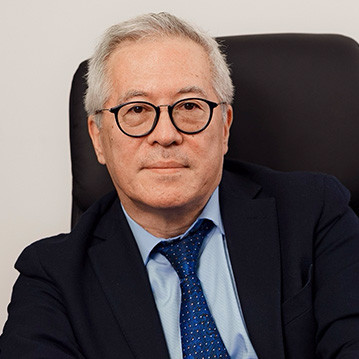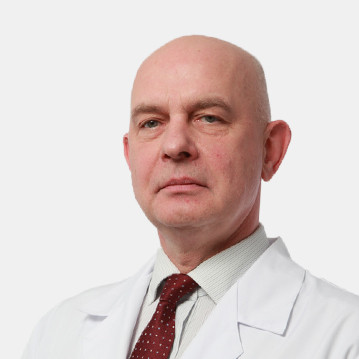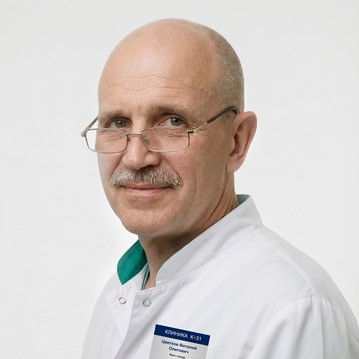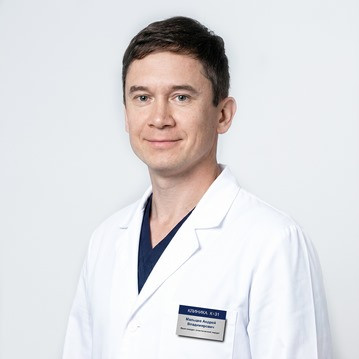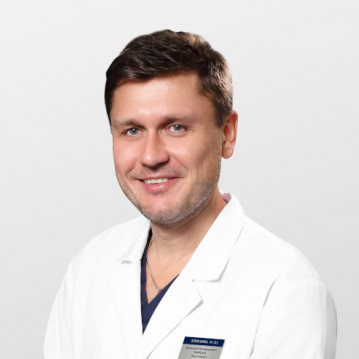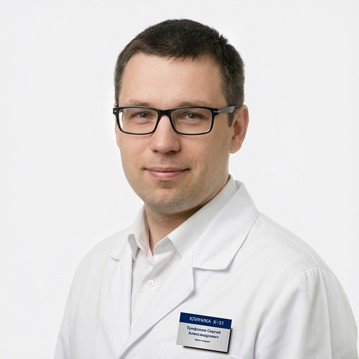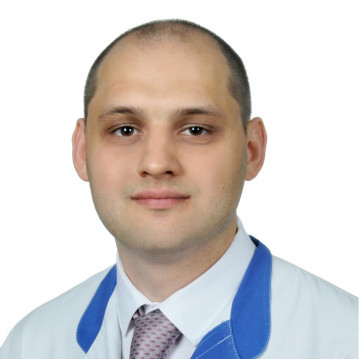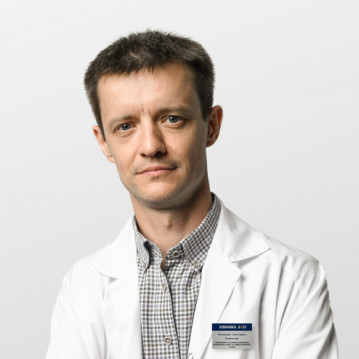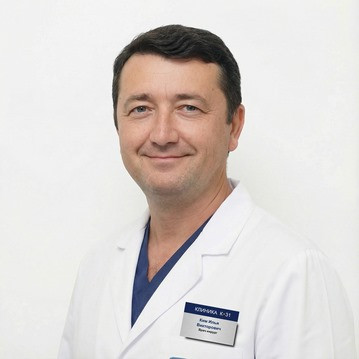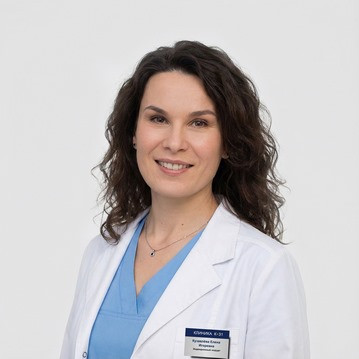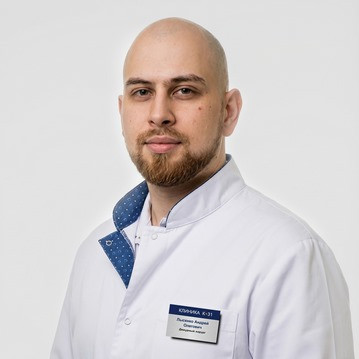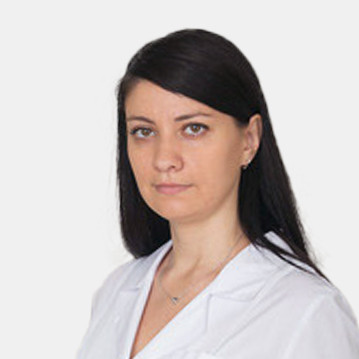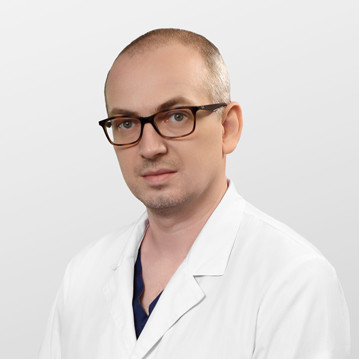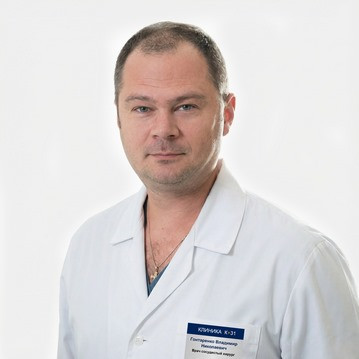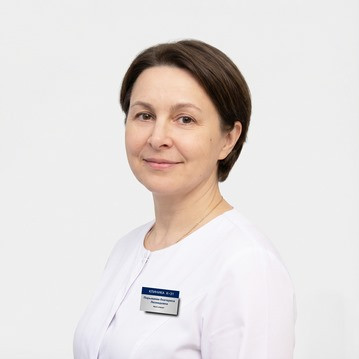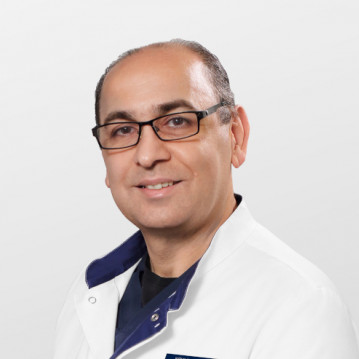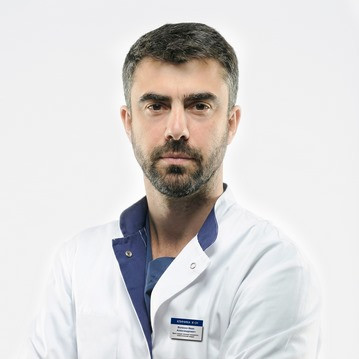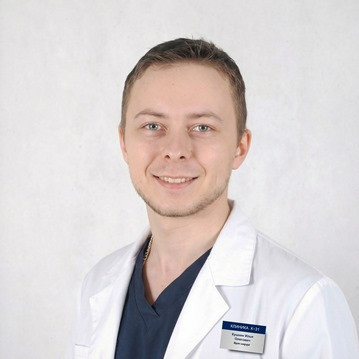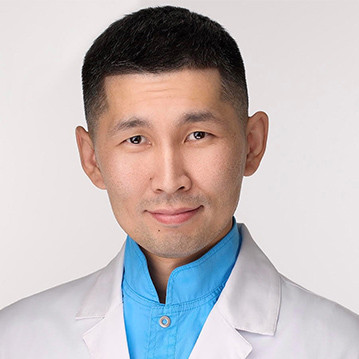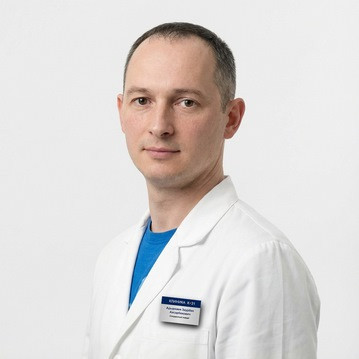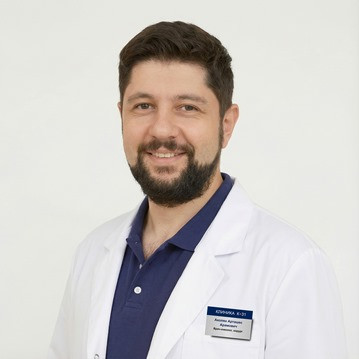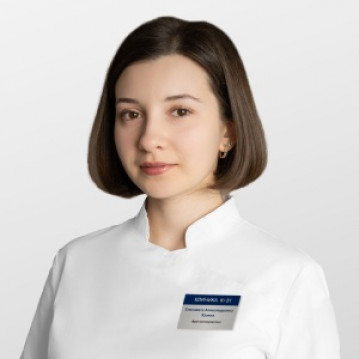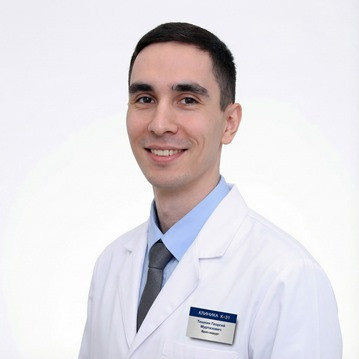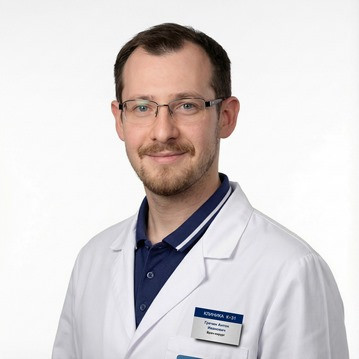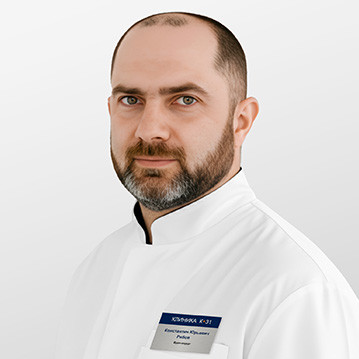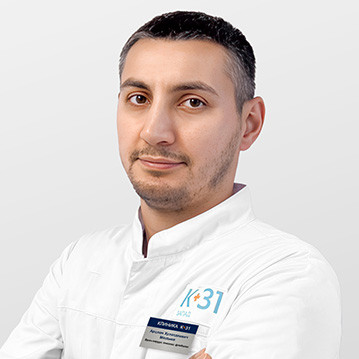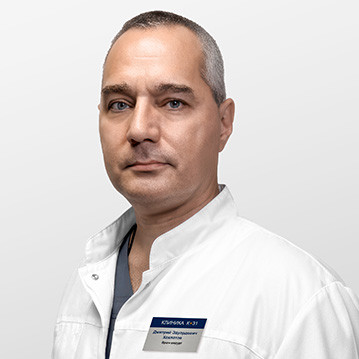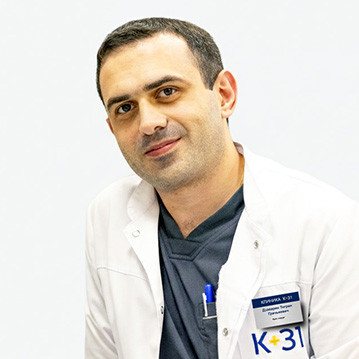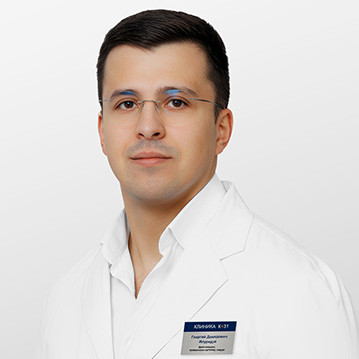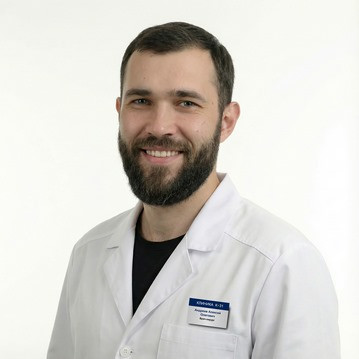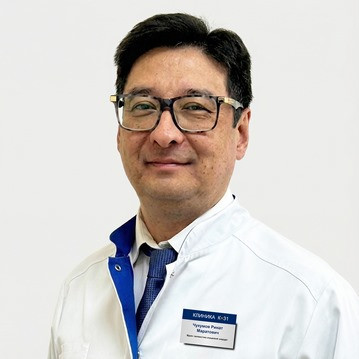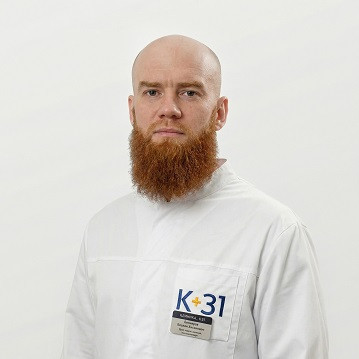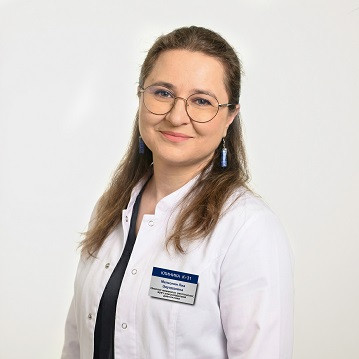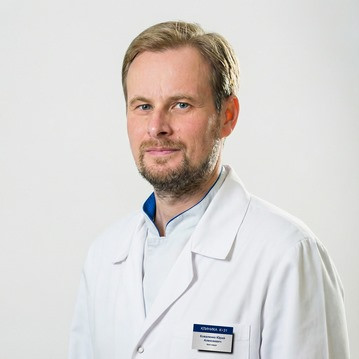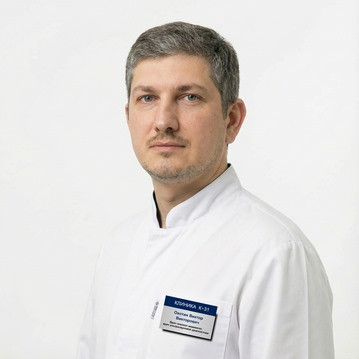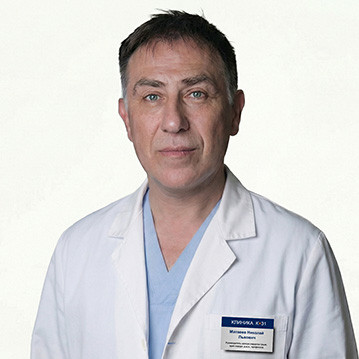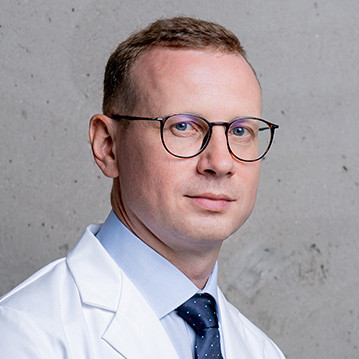Operation procedure
Pancreatoduodenal resection requires the coordinated work of several surgeons, and its duration can be up to five hours. A complex operation must be performed sequentially:
- Access to the focus of the disease is provided. An incision along the anterior abdominal wall is practiced, penetration is possible with a laparoscope. To reduce blood loss, the vessels are temporarily ligated. The gallbladder and part of the duct are removed. Then part of the stomach and duodenum are removed. The resulting material is sent for histological examination.
- A junction is formed between the remainder of the bile duct and the loop of the jejunum. All incisions are sutured with surgical sutures. A probe is inserted through the nose into the stomach, through which the patient will be fed during the recovery phase.
Clinic K+31 is equipped with the latest equipment, surgeons have extensive experience, which allows you to successfully perform the complex procedure of pancreatoduodenal resection.
Possible complications
The following factors affect the likelihood of complications after gastroduodenal resection and their severity:
- tumor spread;
- the presence of existing chronic diseases of the cardiovascular, digestive, respiratory systems;
- the age of the patient - as a rule, the older the patient, the more difficult it is for him to tolerate resection.
Complications can occur after any surgical manipulation, Whipple's operation is no exception. Basically, they are associated with the removal of part of the pancreas, gallbladder and stomach, that is, they are not a medical omission. Most often, diarrhea, constipation, impaired digestive function, diabetes mellitus, weight loss, intestinal obstruction, bleeding are noted.
The qualified specialists of our clinic perform the operation in strict accordance with Russian recommendations and protocols, taking into account international experience. Doctors of K+31 make every effort to ensure that the patient undergoes a complex procedure with minimal consequences.
Rehabilitation
Recovery after surgery is long and energy intensive. For several days the patient is in intensive care, vitamins and microelements are injected intravenously. Then the transfer to the ward is carried out, where the person begins to get up and walk. In the case of an operation laparoscopically, these terms are reduced.
Since part of the digestive system is removed during the operation, a diet is required during the recovery phase and after. Our experts will explain in detail what you can eat, how to cook, and indicate products that should be excluded from the menu.
Whipple's operation is accompanied by a serious intervention in the body and requires the work of several surgeons at the same operating table. After manipulation, the patient undergoes rehabilitation. But it should be remembered that pancreatoduodenal resection is a chance to prolong the life of cancer patients with cancer of the digestive system.
